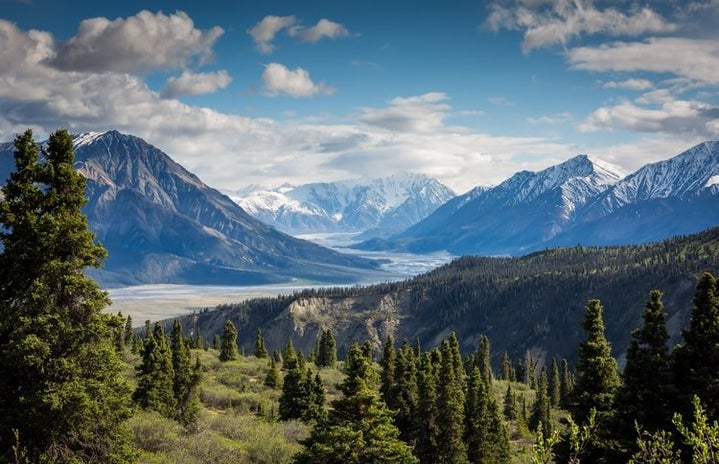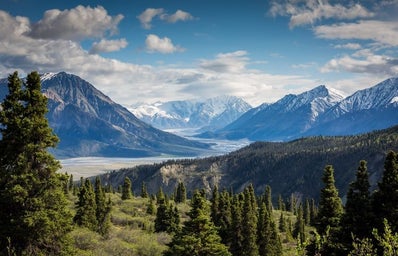With a new year and a new president set to enter office this week, it is important to remember that our work as activists is not done. Yes, we won back the Presidency and the Senate, as well as kept the House with our voter outreach and electoral work. These victories are celebrated and will continue to be celebrated, but we must not forget the work that still must be done. Let’s talk about Line 3 and why it is crucial to fight against it.
Line 3 is a tar sands pipeline that would stretch from Alberta, CA to Superior, WI. This pipeline cuts through multiple vulnerable stretches of wetlands that, in the event of a spill, would be destroyed. Line 3 also cuts through treaty territory owned by the Anishinaabe peoples. The construction of this pipeline would violate this treaty and cause harm to wild rice farms and other wetlands, key parts of Anishinaabe culture and the ecosystem. Not only would this pipeline violate Anishinaabe treaties, but it would also contribute more to climate change the entire economy of the state of Minnesota, where protests against it are taking place.
The company behind this pipeline, Enbridge, has chosen to ignore these important factors. Enbridge is responsible for not only Line 3, but also for Line 5, which runs underneath the Straits of Mackinac and pumps hundreds of thousands of barrels of crude oil a day through our lakes. Line 5 was recently shut down by Governor Gretchen Whitmer, as the risks of a spill were too high to justify the continued usage of the pipeline. Enbridge knows their pipelines can spill; they are responsible for the Kalamazoo River oil spill in 2010, the largest inland oil spill in American history.
This did not stop construction from being approved. In November of last year, the Minnesota Public Utilities Commission granted approval for the construction of Line 3. It is important to note that because of the work of grassroots campaigns and legal efforts, Line 3 has been delayed construction for years. It was originally projected to be complete in 2017 and in 2020, it was approved for construction. Today, legal efforts have not slowed, with multiple new lawsuits being filed at the end of December against Enbridge and the US Army Corps of Engineers, who are set to help build the pipeline.
Legal efforts may not be enough. From the start of 2021, hundreds of water protectors have marched onto construction sites, risking arrest to fight for their land and their water. As recently as last week, some water protectors locked themselves down at the main construction site near the Mississipi River in Minnesota. This involved some protectors handcuffing themselves to construction gear and camping out inside of the pipeline pieces.
While I am not asking you to go to Minnesota and chain yourself to a piece of construction material (although you can if you want to, just follow COVID-19 guidelines), I am asking you to educate yourself and others on this pipeline. You can help, even if you are not from Minnesota! Some simple ways to help include reading up on Line 3 and its harmful effects, signing the Statement of Opposition found at https://www.stopline3.org/take-action, donating to grassroots organizations committed to fighting against Line 3, and educating your friends and families on its effects. We can all fight for clean water and land rights, even from the comfort of our homes!
Sources:


